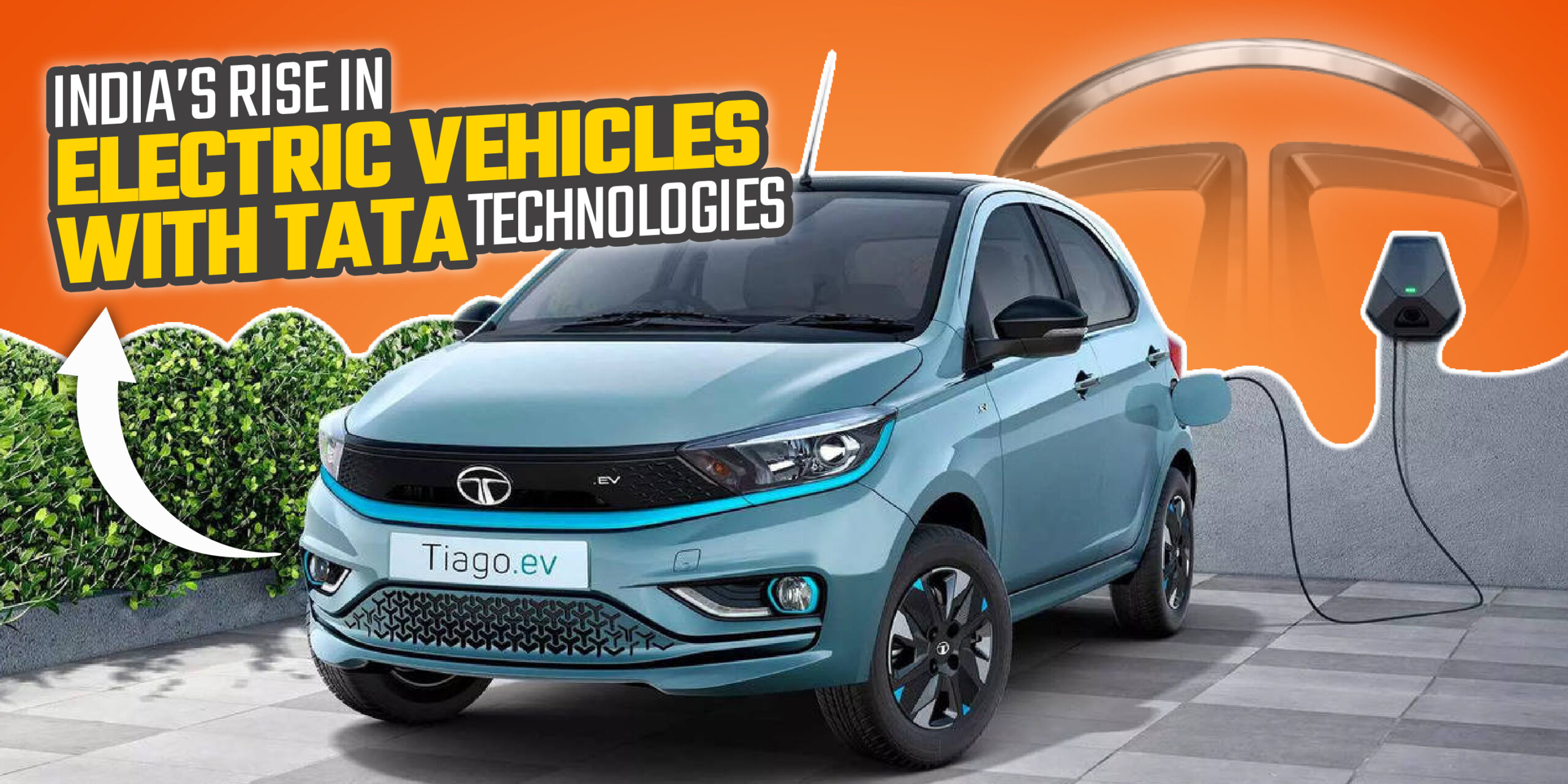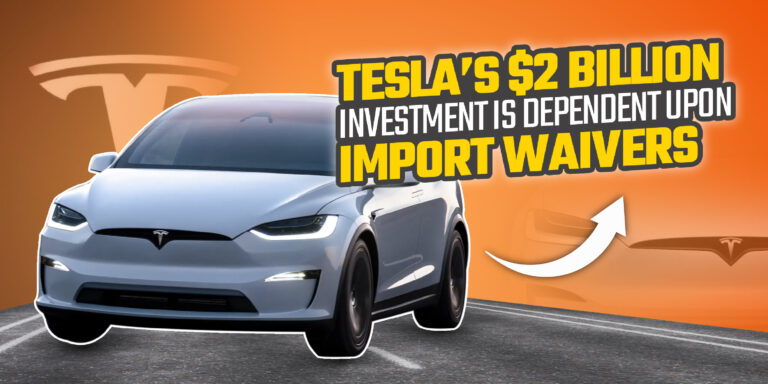
There’s something new and electric brewing in the busy streets of India. India’s automotive industry is arousing due to some fascinating insights recently shared by Warren Harris, the CEO as well as Managing Director of Tata Technologies. In his vision, India will be at the forefront of the electric vehicle (EV) industry, particularly in terms of exports, rather than merely following it. India has to take the lead in forming a sustainable, environmentally friendly future; it is not just about cars and technology.
Revolutionising Mobility: Tata Technologies at the Forefront
At the centre of this revolution is Tata Technologies, a technological gem and crown jewel of the Tata empire. More than just business is at stake as they prepare to enter the major markets. The goal is to draw in the most talented engineers and establish the brand as a leader in innovation and quality.
Expanding Horizons: Beyond Tata’s Ecosystem
Jaguar Land Rover (JLR), Tata Technologies, and Tata Motors work together like a supergroup of automotive geniuses. Tata Technologies is growing outside of the Tata nest; in the past year, less than a third of its business came from Tata Motors and JLR. As partners in their journey, they are now offering assistance to 33 traditional OEMs in addition to serving as a service provider. These partnerships, which are influencing the future of mobility as technology advances, go beyond simple transactions.
India’s Digital Edge in the EV Market
About India’s contribution to the EV market, Harris is especially enthusiastic. India’s astute pricing strategies and digital acumen, in his opinion, are essential components for producing EV products that will be profitable worldwide.
Tata Technologies is hiring big in addition to talking big. They are developing talent through their own university and e-learning platforms, welcoming thousands of new members each year. Its collaboration with Tata Motors aims to foster innovation by doing more than just pooling resources.
The days of confidentiality concerns surrounding employment outside of the Tata Group are long gone. These days, everything revolves around who possesses the ability to shape the future. Furthermore, software is everything in this technologically advanced world; it’s the new automotive brain.
With India as its focal point, Tata Technologies is not just following the industry’s trajectory but also contributing to its definition. This vision aims to lead a worldwide movement rather than merely participate in the EV market.
This fire is being fueled by the Indian government’s push for electric vehicles (EVs) through programmes like the FAME scheme. The goal of EV development in India is not only to produce them but also to make them widely available, reasonably priced, and integrated into daily life. Creating a robust EV infrastructure is essential, and collaboration between the public and private sectors—like Tata Technologies—is essential.
It’s like witnessing the exciting development of a new chapter in a long tale as we try to comprehend India’s electric vehicle (EV) journey. India is leading the way in electric vehicles (EVs) and demonstrating to the world that it is more than just cars and batteries. Tata Technologies’ Warren Harris is describing more than just a fad; he is illustrating a future in which India will be a major player in the EV world.
Consider that the transition to electric vehicles involves more than just changing from gasoline to electricity. The idea is for India to take on a completely new role in the global auto narrative—one in which we set the trends rather than just following them.







